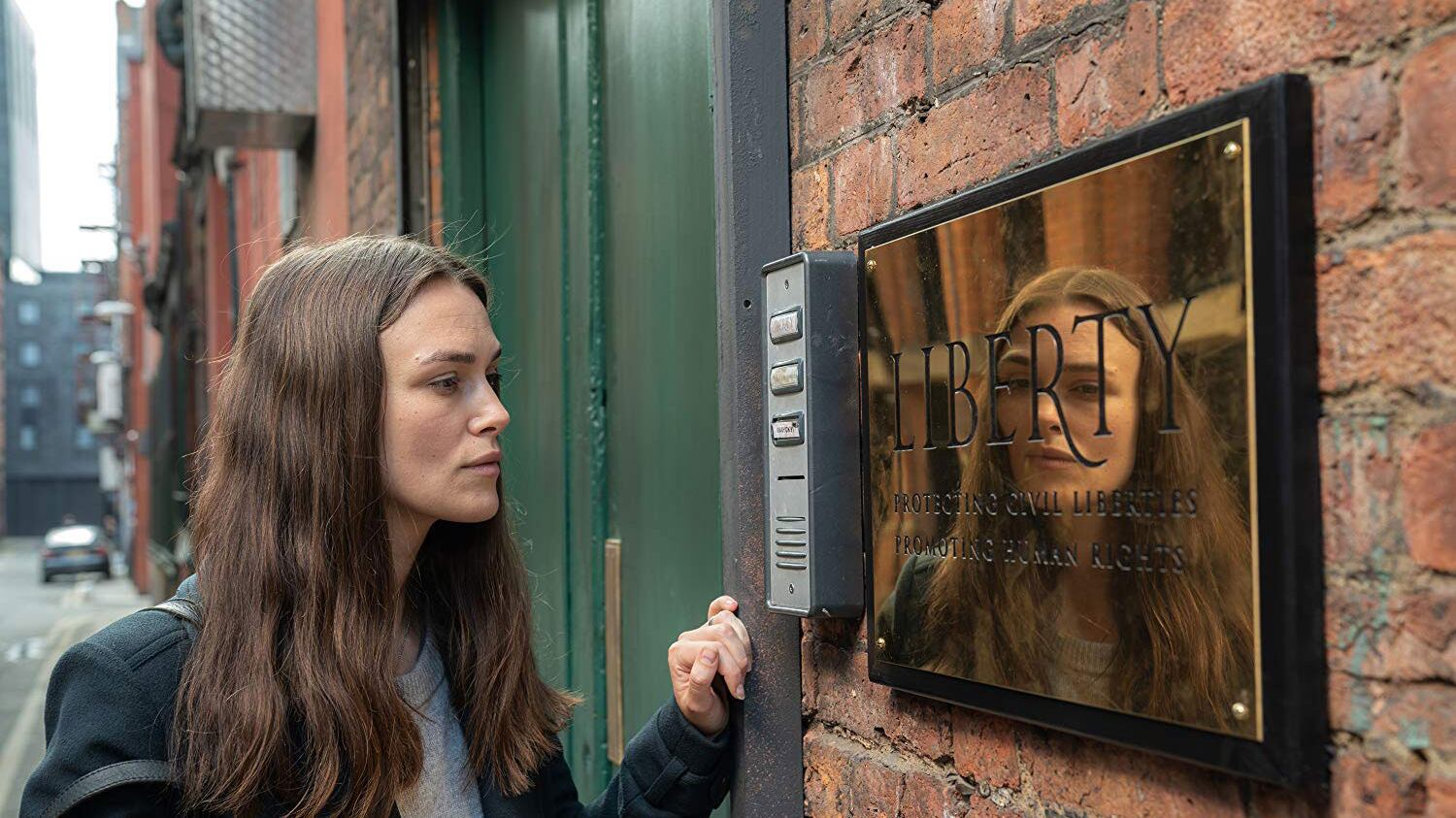The Goldfinch
Donna Tartt's Pulitzer Prize-winning novel, The Goldfinch, became a literary sensation for its Dickensian portrayal of Theodore Decker, a 13-year-old whose life falls apart after his mother dies in a terrorist attack at the Metropolitan Museum of Art. Much of its appeal lies in the globe-trotting narrative as well as the author's deep examination of the rich internal lives of her characters. The best passages are breathtaking interior monologues that find Theo ruminating about the nature of fate, and the success of the film adaptation largely hinges on director John Crowley's ability to translate those thoughts to the screen. Sadly, despite its all-star cast and crew, The Goldfinch largely fails to do that. Instead, the profound contemplations are met with a flippant "whaddyagonnado?" shrug, and Ansel Elgort, who plays the elder Theo, is given little to do other than weep in sharp-looking suits. The striking menagerie of locales and characters from the novel becomes in the film a blur of forgettable people—except for Sarah Paulson as Xandra, Theo's evil stepmom. Expressing the internal lives of characters from literature has been an issue for filmmakers since cinema's inception. It's hard to recall a more glaring example of this struggle than The Goldfinch. R. DONOVAN FARLEY. Dine-In Progress Ridge 13, Mill Plain 8, Vancouver Mall 23, Cedar Hills, Clackamas, Eastport, Oak Grove, Division, Studio One.
Official Secrets
Criticism of the clusterfuck known as the Iraq War abounds, but often forgotten in the shadow of Blackwater, lies about WMDs and Saddam Hussein's supposed ties to al-Qaida is the story of a British whistleblower who attempted to stop the conflict before it began. In 2003, Katharine Gun (Keira Knightley) was working as a translator for British intelligence when she leaked a memo from the U.S. National Security Agency requesting the U.K.'s assistance in blackmailing five other countries on the U.N. Security Council to gain support for the Iraq invasion. The British government put the screws to Gun, attempting at one point to deport her husband, Yasar (Adam Bakri), a Kurdish refugee, in addition to trying her for violating the country's Official Secrets Act. Director Gavin Hood allows the film's focus to shift to Gun's attorney (Ralph Fiennes) and his attempts to put the entire Iraq War on trial, and that choice, as well as scenes of hand-wringing journalists, lends the movie a certain dryness. Case in point: The most intense scene hinges on spell check. Gun's story is an intriguing tale about the lies governments tell that's presented ably, if a bit too straightforwardly, in Official Secrets. R. DONOVAN FARLEY. Fox Tower.
